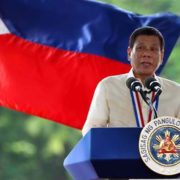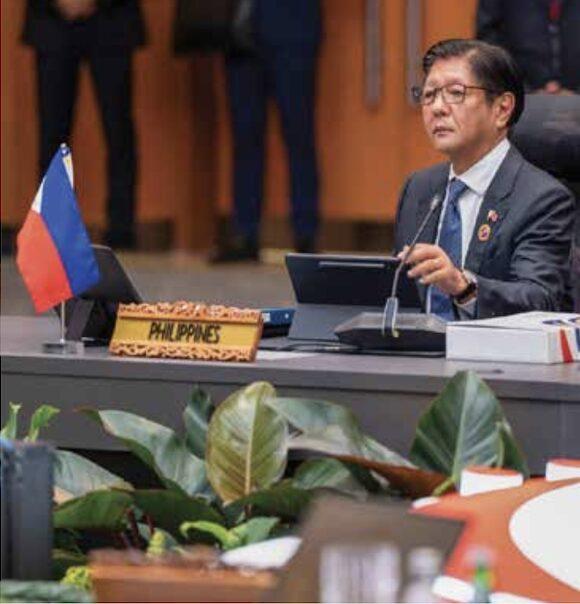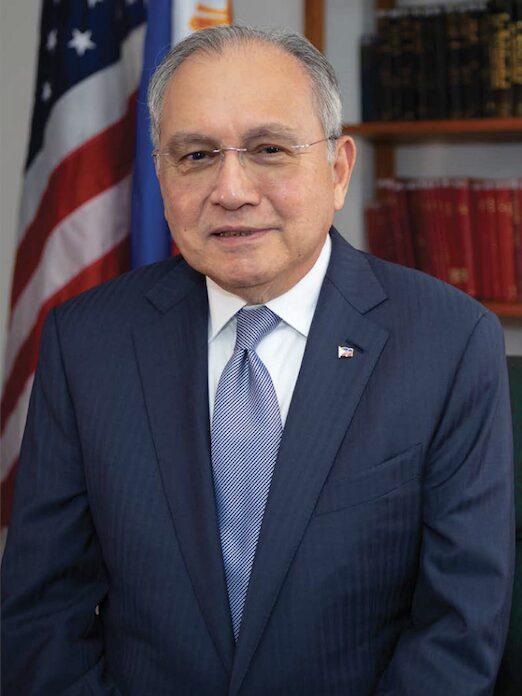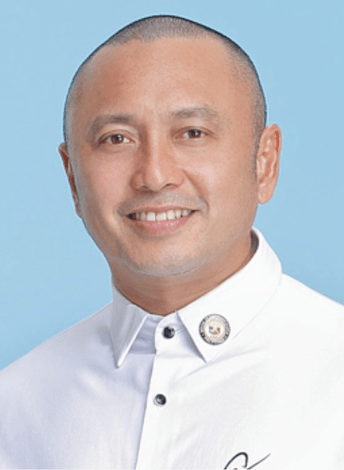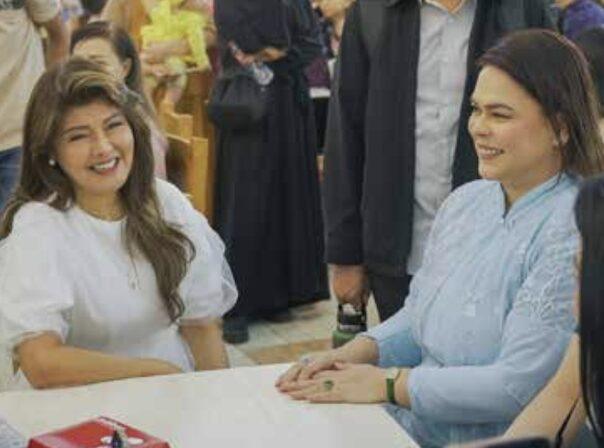For Philippine President Rodrigo Duterte, his first year in the office thus far has been filled with unpredictable highs and lows.
It’s been 12 months since the tough-talking former Davao mayor was sworn in as the 16th president of the country, becoming the first Mindanaoan and the oldest — at 72-years old — to take the highest political position after winning the May 2016 election by an overwhelming margin.
While Duterte refused to make any personal assessment on his own performance, he likened the first year of his journey as the Philippines’ chief executive to a “roller coaster” ride.
“It’s a roller coaster actually. While you are there, it’s a roller coaster,” Duterte told reporters.
Duterte, who marked his first year in office on Friday, June 30, said he would only assess his leadership at the end of his six-year term.
“I do not make any assessment. I only make [an] assessment after my term,” he added. “So, it should be at the end of the ride — If I get to live, then I’ll tell you. If I don’t exist anymore by that time, you make your own assessment. Just be fair.”
Since assuming the presidency, Duterte’s unorthodox style of governance, policies, and fiery speeches made a combination of surprise, applause, and anger from different individuals and groups locally and even abroad.
Perhaps among Duterte’s most controversial policies is his anti-narcotics campaign — the so-called “war against illegal drugs” — that has been heavily criticized by human rights groups over the supposed state-sanctioned deaths, which in turn, was repeatedly refuted by his administration.
The president has also begun seeking an improved and closer relationships with the Philippines’ non-traditional partners, such as China and Russia, under his independent foreign policy. In turn, he has brought home billions-worth of investments into the country.
However, at the same time, the firebrand Duterte constantly lambasted other nations in his explicit speeches, particularly the Philippines’ decades-long ally, the United States, as well as the European Union (EU), for criticizing his drug war and supposedly intervening in the Philippines’ affairs.
Robredo: Mix of achievements, shortcomings
While Vice President Leni Robredo also declined to personally rate Duterte’s performance, she said that the administration, including her office, both had achievements and shortcomings.
Robredo, who likewise marked her first year as the country’s second top leader, said it would be “unfair” to Duterte if she was the one to grade him.
“For me, there were many positive things and there were many shortcomings as well, though we can work on those shortcomings together,” the vice president said.
Asked to further elaborate what she meant by the government’s shortcomings, Robredo told reporters that the country is still facing various problems.
“The government always has many weaknesses. With the great needs of our people, no matter how hard-working you are, no matter how many you have helped, it would still not be enough,” she explained.
Senate on Duterte’s performance
If he could grade Duterte’s performance in his first 12 months in the office, Senate President Aquilino “Koko” Pimentel II said he would give him a nearly perfect score.
In a chance interview earlier this week with reporters, Pimentel said Duterte deserves a score of 8.5 to nine out of 10 for keeping his campaign promise of “change.”
Citing Duterte’s independent foreign policy, the Senate president explained, “Sa foreign relations na lang, kitang-kita na ngayon na (In terms of foreign relations, we can clearly see that) the world believes that we have an independent foreign policy. Hindi po tayo dinidiktahan ng kahit anong bansa (We are not being dictated upon by any nation).”
Majority Leader Vicente Sotto III said he would also give Duterte a high score of eight out of 10.
“Will rate him an 8. The former government completely disregarded the problem of illegal drugs. Now we are holding the bull by the horns,” Sotto told Rappler.
In contrast, for minority senators, Duterte’s first year in office was far from a success.
For Senator Leila de Lima, Duterte’s first year of leadership “has been a year of lies, flawed policies, and reckless violence.”
“What has been the President’s go-to solution? More lies just to hide the lies, the incompetence, and the bloodbath he has started. I am the red flag that he waves at the Filipino people to distract them from his broken promises and their sufferings under his rule,” the detained senator said.
De Lima, one of Duterte’s fiercest critics, is currently in detention on drug-related charges.
“One year. I can weep about my 127 days in detention, but my personal sufferings are nothing compared to what our people have suffered in one year of broken promises and misrule,” she added.
Meanwhile, Senator Risa Hontiveros said it has been a year of “misogyny.”
While Duterte affirmed that he has high respect for women, some of his previous “jokes” and behavior that has been deemed sexist and offensive for women’s groups, like catcalling a news reporter during a media briefing, was subject to criticism.
“The first year of the Duterte government is a dangerous year to be a woman. It is marked by a colossal human rights crisis. It is the year of misogyny and extrajudicial killings It is a year of national grieving,” Hontiveros said.
Citing the alleged extrajudicial killings in the drug war, Hontiveros said she would give Duterte a grade of “eight to 12,000.”
“Even as the government downplays this colossal human rights crisis and in some cases, even denies the very existence of these killings, we need to remember. We must never forget or dismiss this sanctioned and deliberate crime against the people,” she added.


